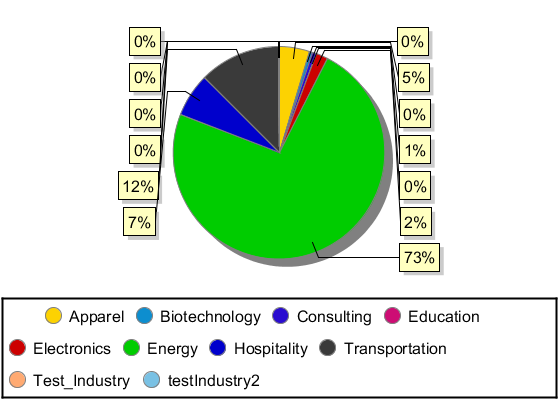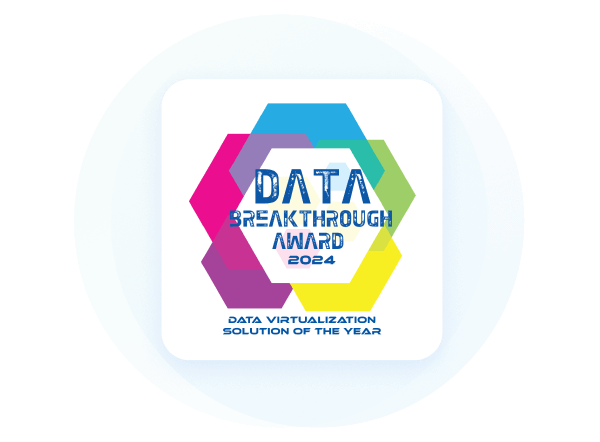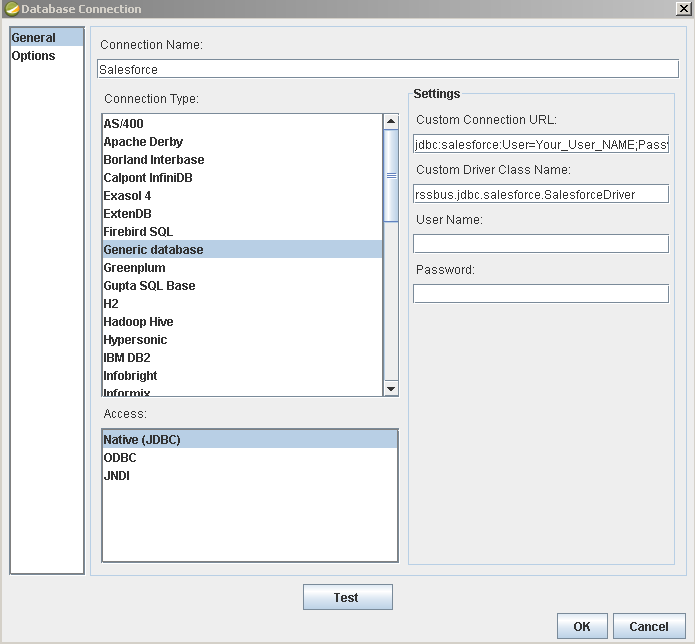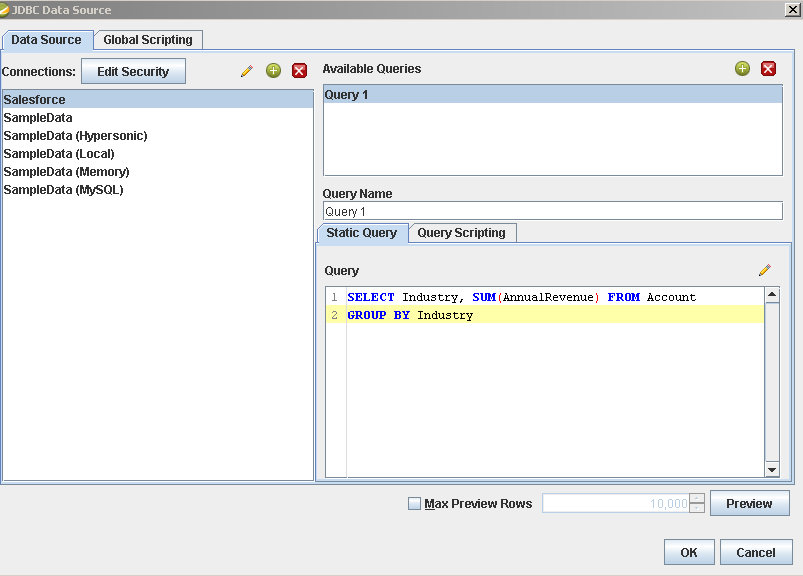Discover how a bimodal integration strategy can address the major data management challenges facing your organization today.
Get the Report →Integrate SQL Server Data in the Pentaho Report Designer
Publish reports based on SQL Server data in the Pentaho BI tool.
The CData JDBC Driver for SQL Server data enables access to live data from dashboards and reports. This article shows how to connect to SQL Server data as a JDBC data source and publish reports based on SQL Server data in Pentaho.
Connect and Create a Report
- Copy the JAR file of the driver, located in the lib subfolder of the installation directory, to the \Report-Designer\lib\jdbc\ folder in the Pentaho directory.
- Run the report-designer.bat file in the \Report-Designer\ folder to open the Report-Designer UI.
Create a new data source with the driver by clicking Data -> Add Data Source -> Advanced -> JDBC (Custom) and then creating a new SQL Server connection. In the resulting dialog, configure the connection properties as shown below.
Custom Connection URL property: Enter the JDBC URL. This starts with jdbc:sql: and is followed by a semicolon-separated list of connection properties.
Connecting to Microsoft SQL Server
Connect to Microsoft SQL Server using the following properties:
- Server: The name of the server running SQL Server.
- User: The username provided for authentication with SQL Server.
- Password: The password associated with the authenticating user.
- Database: The name of the SQL Server database.
Connecting to Azure SQL Server and Azure Data Warehouse
You can authenticate to Azure SQL Server or Azure Data Warehouse by setting the following connection properties:
- Server: The server running Azure. You can find this by logging into the Azure portal and navigating to "SQL databases" (or "SQL data warehouses") -> "Select your database" -> "Overview" -> "Server name."
- User: The name of the user authenticating to Azure.
- Password: The password associated with the authenticating user.
- Database: The name of the database, as seen in the Azure portal on the SQL databases (or SQL warehouses) page.
Built-in Connection String Designer
For assistance in constructing the JDBC URL, use the connection string designer built into the SQL Server JDBC Driver. Either double-click the JAR file or execute the jar file from the command-line.
java -jar cdata.jdbc.sql.jarFill in the connection properties and copy the connection string to the clipboard.
![Using the built-in connection string designer to generate a JDBC URL (Salesforce is shown.)]()
When you configure the JDBC URL, you may also want to set the Max Rows connection property. This will limit the number of rows returned, which is especially helpful for improving performance when designing reports and visualizations.
Below is a typical JDBC URL:
jdbc:sql:User=myUser;Password=myPassword;Database=NorthWind;Server=myServer;Port=1433;- Custom Driver Class Name: Enter cdata.jdbc.sql.SQLDriver.
- User Name: The username to authenticate with.
- Password: The password to authenticate with.
![Required connection properties defined in the JDBC URL. (Salesforce is shown.)]()
Add SQL Server Data to a Report
You are now ready to create a report with SQL Server data.
-
Add the SQL Server source to your report: Click Data -> Add Data Source -> JDBC and select the data source.
Configure the query. This article uses the one below:
SELECT ShipName, Freight FROM Orders![The query to retrieve data, specified in the JDBC data source configuration wizard. (Salesforce is shown.)]()
- Drag a chart onto your report and double-click it to edit the chart. Run the report to display the chart. You can use the results of this query to create a simple chart for the Orders table.
- Finally, run the report to see the chart.










